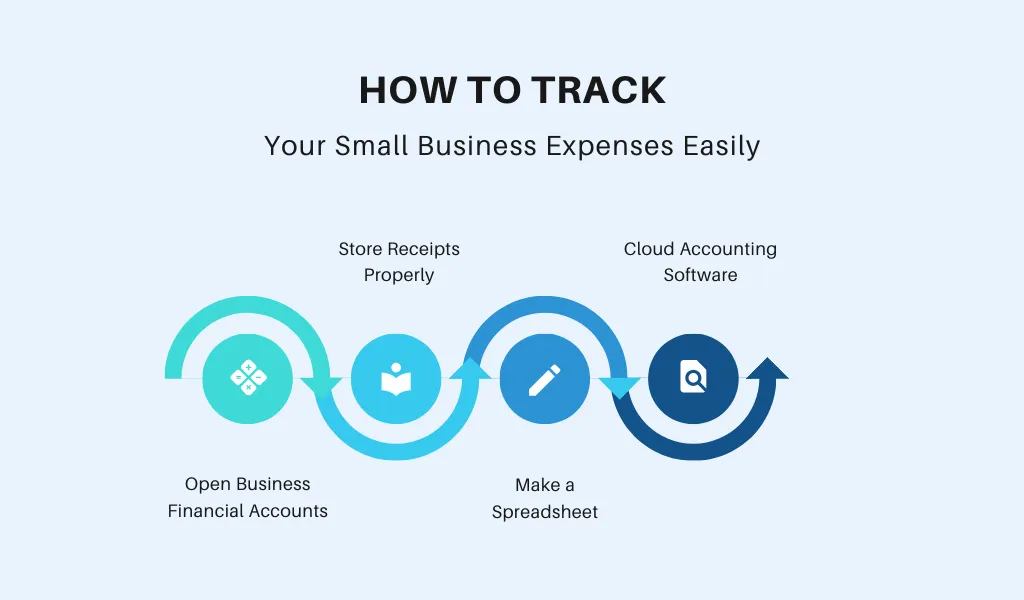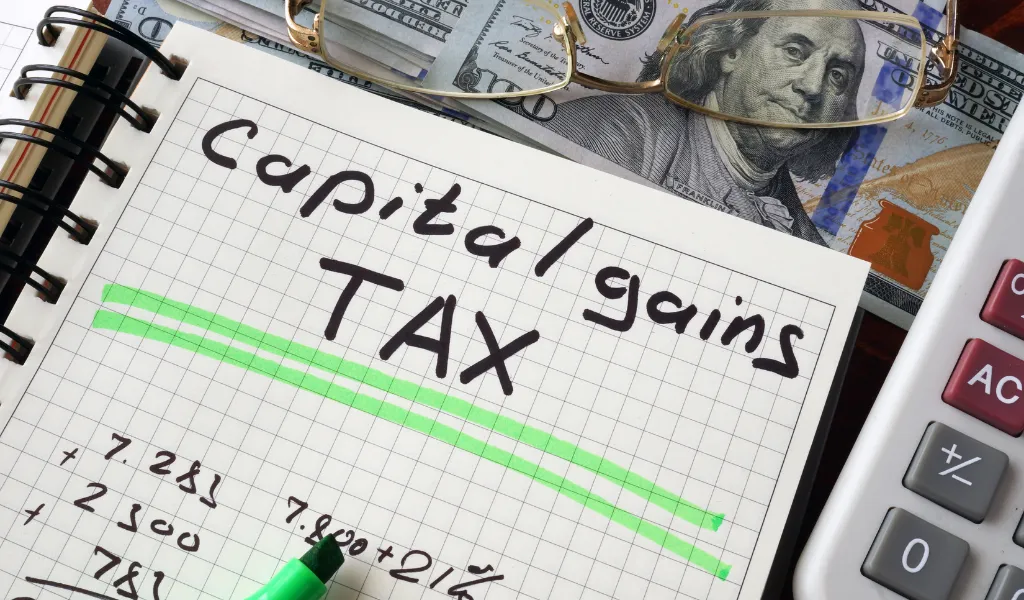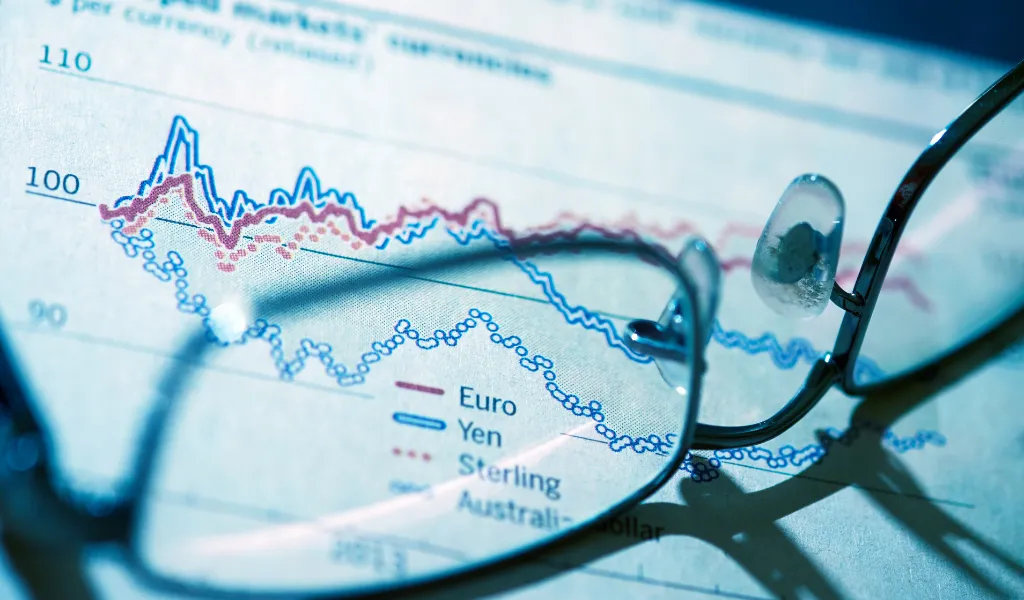As a self-employed individual, you pay income tax on your taxable earnings. Whether you are a contractor, sole trader, or freelancer, you owe tax. In this case, you must calculate and pay the tax you owe through self-assessment. It is crucial to make sure that you pay the correct amount of income tax. By claiming certain business expenses, you can avoid paying more tax than is necessary. This guide will cover what business expenses are allowable and so much more.
First, let us discuss the definition of allowable expenses. Then, we can move on to the lists of expenses you can and cannot claim.
What are Allowable Expenses?
Any costs you incur while running your business that you are liable to claim as tax deductions are called allowable expenses.
These expenses help reduce the amount of tax you owe on your profits, as they are not taxable.
Here is an example to elaborate:
Suppose your company made £40,000 at the end of the year. You spent £7,000 on allowable business expenses. In this scenario, you do not have to pay tax on £40,000. Rather, you must only pay £33,000. This is because £7,000 were allowable expenses.
For the consideration of an expense as allowable, it is necessary that you spent it for the sole purpose of running your business.
What is the Difference between Regular Expenses and Capital Expenses?
Now, what are capital expenses? Well, these expenses are related to any larger items used by your business for a reasonable period. Larger items include computers and office desks. Basically, anything that you must purchase for your business that will probably last a minimum of a year.
Capital allowance is the tax relief that you claim on capital expenditure. Please note they differ slightly from your normal business expenses. Which are sometimes called revenue expenses. These are usually the items you purchase for your business that do not last a whole year. They become used up. For example, paper, water cooler bottles, stock, and printer ink. These are all day-to-day items.
Some expenses are treated as capital expenditure when you are using the cash basis of accounting. If you are unsure, then you can reach out for expert advice. It is important to know which business expenses are allowable and which are not.
What are Simplified Expenses and Who Can Use Them?
When you calculate your business expenses using flat rates instead of calculating the actual costs, it is called simplified expenses. As a sole trader, you can use this method, as it does not require the same level of energy and time as working out the actual costs.
Furthermore, you deal with a lot less paperwork and receipts. However, you must maintain records as accurately as possible. When claiming tax relief, you get to choose whether you want to use actual or simplified expenses.
| Can Use Simplified Expenses | Cannot Use Simplified Expenses |
|---|---|
| Sole trader | Limited company |
| Business partnership with no companies as partners | Business partnership with a limited company as partner |
What Business Expenses are Allowable?
The following is a comprehensive list of business expenses that you can claim as tax relief on your Self-Assessment:
1. Office Supplies
One of the expenses that you can claim are for office supplies, including:
- Stationery
- Phone and internet bills
- Printing costs/ink
- Postage
- Software that your business used for less than two years (or on subscription)
2. Office Equipment
You can claim the following expenses for specific business equipment when you use cash basis accounting:
- Computer hardware.
- Software used for over two years.
- Printers.
Whereas you must claim capital allowances instead if you use traditional accounting.
3. Business Premises
The following are allowable expenses which you can claim as they are on your business premises:
- Rent
- Utilities
- Maintenance/repair
- Business rates
- Security costs
- Buildings insurance
It is important to know that if you purchase your premises, you cannot claim any part of that cost. Therefore, you should know what business expenses are allowable.
4. Transport
If you travel as part of your business, then you can claim a mileage allowance on your Self-Assessment tax return. However, you cannot claim for any travel costs which are non-business. This includes travelling to work and back home. Additionally, you cannot claim any fines you may face while driving. Your accountant can help you with the business cost if it a matter of both personal and business reasons. When it comes to a vehicle that is not metered, you can use simplified vehicle expense for the calculation of the deductible cost.
5. Professional and Legal Costs
The cost of hiring professionals for the purpose of business is an allowable expense. This includes experts, such as financial advisers, surveyors, solicitors, and accountants. Also, you can claim bank charges. It is necessary to understand what business expenses are allowable.
6. Stock/Raw Materials
Any stock or raw material that you use in the course of your work is an expense you can claim.
7. Marketing
The cost of marketing your business is also an allowable expense.
8. Professional Insurance
Certain jobs may ask you to have special insurance. This includes professional indemnity insurance and public liability insurance. You can claim such insurance as an allowable business expense.
9. Clothing
If you require any special clothing for your job, then it is tax deductible. For example, costume or uniform.
10. Subscriptions
Another allowable expense is any cost of membership in professional organisation or trade bodies. This includes the subscription to professional publications.
Now, you know which business expenses are allowable in the UK.
What is Trading Allowance and Can You Claim it?
The Trading Allowance allows a sole trader to earn up to £1,000 from self-employment before registering is necessary with HMRC. It is possible to offset the allowance against your self-employed income even if you must register.
However, it is not possible to claim both the Trading Allowance and tax relief on your expenses simultaneously. The upside is that you can choose which one you want to use. It is better to figure out your expenses and then claim the one which is higher. For anyone who is starting out, this is the best option.
What Business Expenses are not Allowable?
The following list is not all-inclusive. However, it covers most of the items which you cannot claim as allowable expenses.
- Any travel that is not related to business. This includes travelling between your home and your workplace. Also, parking fines or any other cost that is non-business.
- Clothing which is not a requirement for your work. For example, trainers and jeans.
- The acquisition of premises. This is inclusive of the purchase cost of new premises, along with any associated legal fees. Nevertheless, you can claim the structures and buildings’ capital allowance.
- Goods that you buy for personal use.
- Expenses of non-business staff. For example, domestic help, carer, and nannies.
- Any customer entertainment you provide. This includes entertaining clients, supplies, and customers. Also, event hospitality.
- You cannot claim expenses for training courses that do not relate to your business. Certain training courses are claimable, such as CPD.
What Expenses Can You Claim When You Work from Home?
You can still claim certain allowable business expenses if work from home. For example, rent, electricity, council tax, internet, heating, and phone usage.
Nevertheless, you cannot claim the full expenses. Only the percentage of these utilities that you use for your home office are claimable. You can figure out the correct proportion through various methods. It is crucial to understand what business expenses are allowable for tax deductions.
Let us talk about one of the methods which uses the number of rooms in your house.
Suppose you have six rooms, and you use one of them as your office. Then, only one-sixth of your heating bill is tax-deductible.
If you want to avoid under-claiming or over-claiming, then you should contact your accountant. They will tell you which method is suitable for you. Simplified expenses are another option. You can claim every other business expense in the normal way.
How to Track Your Business Expenses
It is important to you track your business expenses during the year. You need to maintain organised records. In case you are a sole a sole trader or unincorporated, it is obligatory to keep records. You must do so for five years after 31st January of the relevant tax year.
It is better to use accounting software instead of spreadsheets. Not only does it save time, but it is also more accurate. Moreover, it allows you to import expenses and receipts and store them digitally. Hence, you must comprehend which business expenses are allowable.

How to Claim Allowable Business Expenses in the UK
If you want to claim allowable business expenses, then you need to remain organised. Organisation requires that you allot a certain time every week to note down business expenses on which you are liable to gain tax relief. It is important to do so otherwise you will end up paying more tax. Use a spreadsheet to keep record of all the expenses and keep updating regularly.
Not only can you stay organised, but you also have proof in case any of your expenses are questioned. Please note that HMRC has the right to ask for proof of expenses for up to six years after you claim them.
If you are worried regarding maintaining receipts and ensuring they are not damaged, then use an electronic filing system. Through this you can scan copies of receipts. Thus, you can store them digitally. It is important to know what business expenses are allowable as a sole trader.
Undoubtedly, claiming expenses is a complex area of taxation. You may find it challenging to deal with the intricacies of allowable expenses. Therefore, it is ideal to reach out to your accountant. Also, you should become familiar with HMRC’s list of eligible costs.
What Happens if You Lose a Receipt?
The VAT status of your business determines whether you can claim allowable expenses in case you do not have receipts. In case your business is not VAT registered, then there are no hard and fast rules. This is because there is no official amount for which you require a receipt.
It is ideal for you to take down notes regarding the purchase, such as what it was, when it took place, and its cost if you lose a receipt. Furthermore, you must mention the reason for not having a receipt.
You can also use another proof of the transactions as evidence for the allowable expenses with no receipts. For example, bank statements. However, do not do so regularly. Although there is flexibility in this situation, you should use discretion. It is crucial that HMRC sees the claim as reasonable.
When it comes to business that are VAT registered, the rules are harsher. You need to have a VAT receipt if your expense exceeds £25. If you fail to show a receipt, you cannot claim that expense. Even if your expense is less than £25, you should have a legitimate VAT receipt. Therefore, you should know which business expenses are allowable.
Conclusion
To summarise, when you are completing your Self-Assessment tax return, you can make tax deductions. You can do so by claiming allowable business expenses. There are plenty of expenses that are allowable that you should know about. They can provide you relief by reducing the amount of tax you owe. However, there are also expenses which you cannot claim. To have a better understanding of how to deal with your expenses, you should reach out to an expert.








